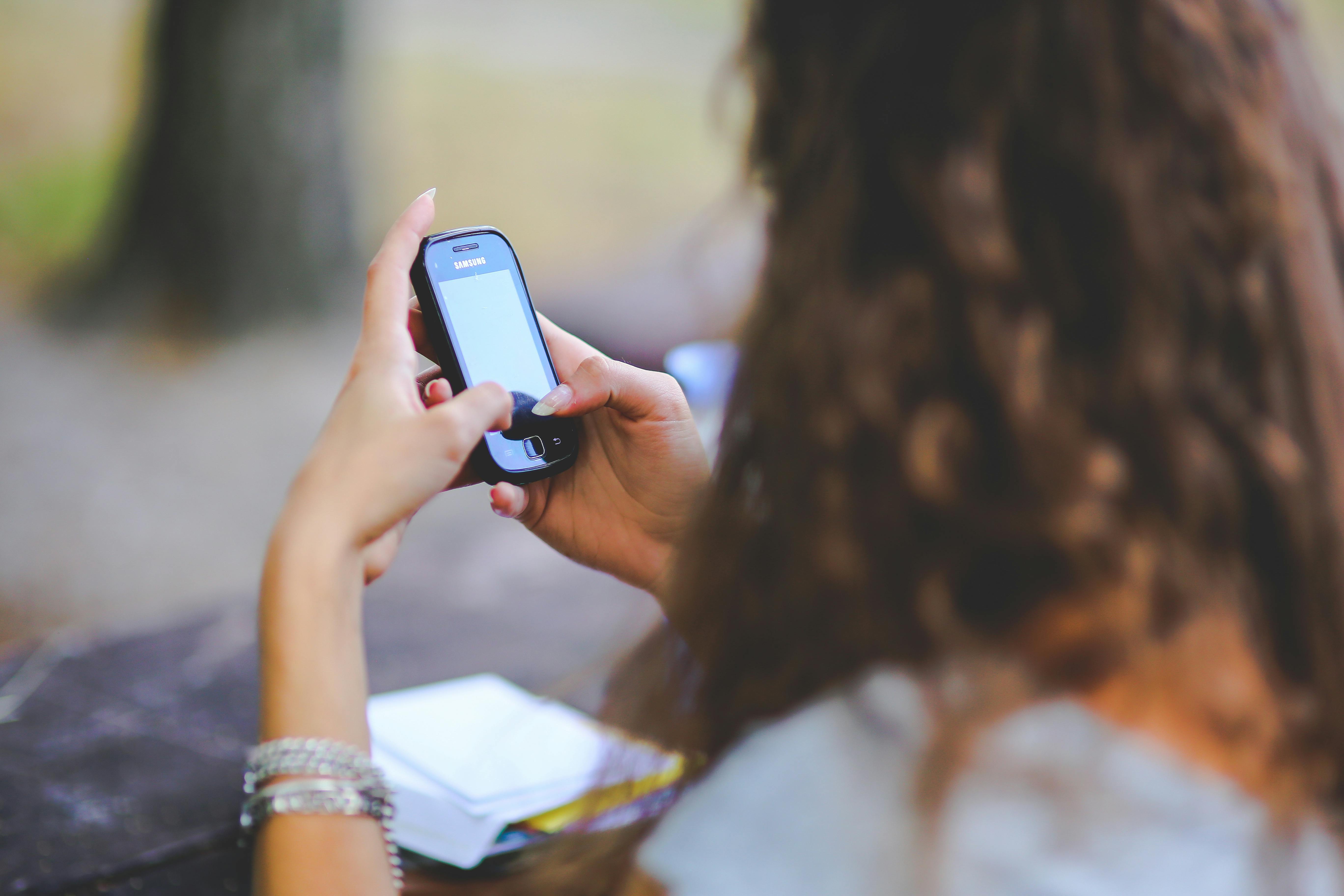Separation Anxiety: Phone Edition
In a generation filled with daily technological advancements and expanding media networks, smartphones appear to be becoming more essential than our basic human necessities. We are beyond the point of returning to the days of conducting research from those big, bulky encyclopedias, and making payphone calls using the spare change in our pockets. Phones are everywhere, primarily stuck in our hands as we are walking the streets, or even at social gatherings.
Our psychological dependence on smartphones has become quite overwhelming to some, as more researchers are studying the emotional connection formed with our handheld devices. From this connection, it’s safe to assume that most of us have acquired nomophobia, which is the fear of being without a mobile phone. It sounds ludicrous, but anxieties can develop from damaging a phone, losing a phone, or even thinking of being without a phone. Understanding nomophobia is an up and coming topic among psychologists, though most of the research conducted has been qualitative data based on surveys and observations.

Not surprisingly, roughly 83 percent of smartphone users are between the ages of 18 and 29. This statistic represents the staggering climb of dependence formed between young adults (primarily college students) and their phones. In July of 2015, researchers at Iowa State University conducted a study on nomophobia by extensively interviewing nine carefully selected college students aged 19–24 about their phone use and dependence.
It’s easy to see why this research is relevant to our generation, but why is it important? Understanding the dependencies on technology allows us to better adopt the integration of phones into educational settings, and to become aware of an issue that society tends to sweep under the rug and see as an accepted part of everyday life. Nomophobia is an international phenomenon that merits further research. Technology has evolved to the point that, as the researchers state, “not having a smartphone is an aberration from the norm.”

To draw relevant and accurate conclusions from the study, the researchers only interviewed respondents who met the following criteria: (1) the student owned a smartphone for more than a year, (2) they were able to readily access the internet through the smartphone, (3) they spent more than an hour using the smartphone, and (4) they had a higher phone dependence score compared to other students who were surveyed, based on the Test of Mobile Phone Dependence questionnaire.
Through a series of detailed interviews, the students were asked questions such as, “For what purposes do you usually use your smartphone?” and “How would you feel if you left your smartphone at home and had to spend the day without it?” Their individual responses were recorded verbatim, and were categorized into common themes occurring among the nine students. The findings were not mind-blowingly significant, but they provide insight into the multiple dimensions of nomophobia and the reasons why we rely so heavily on our phones. The first finding was that people were afraid of not being able to communicate, which included the feelings of anxiety related to not being able to be contacted by other people. The students were also afraid of losing connectedness with the world, including feeling disconnected from one’s identity and “second life” on social media. Additionally, not being able to access information was stress inducing, seeing that Googling information is a form of instant gratification for many. And lastly, nomophobia is defined by giving up the convenience of searching the web, or even the accessibility of taking out your phone during awkward situations to appear occupied.

The participants also related to how ensured they felt when checking their smartphone for notifications. Humans have begun to be satisfied by the strangest of events, such as the screen lighting up with a notification or a fully charged phone battery. Relationships have not only formed between people and their social media accounts, but also with their phone as an object.
Although we have the knowledge of the world at our fingertips, we mustn’t confuse this privilege by moving towards complete dependence. Our phones contain all of the information accumulated from our daily lives: pictures, notes, Google searches, and most importantly, messages from our friends and family. It’s no wonder that we have formed a connection with our phones; they tend to identify with who we are, while conveniently keeping a record of our personal information. Even though nomophobia isn’t a life threatening or serious condition, shining light on the phenomenon can help us become more aware of phone dependence during the ever-changing interrelations between humans and technology.
